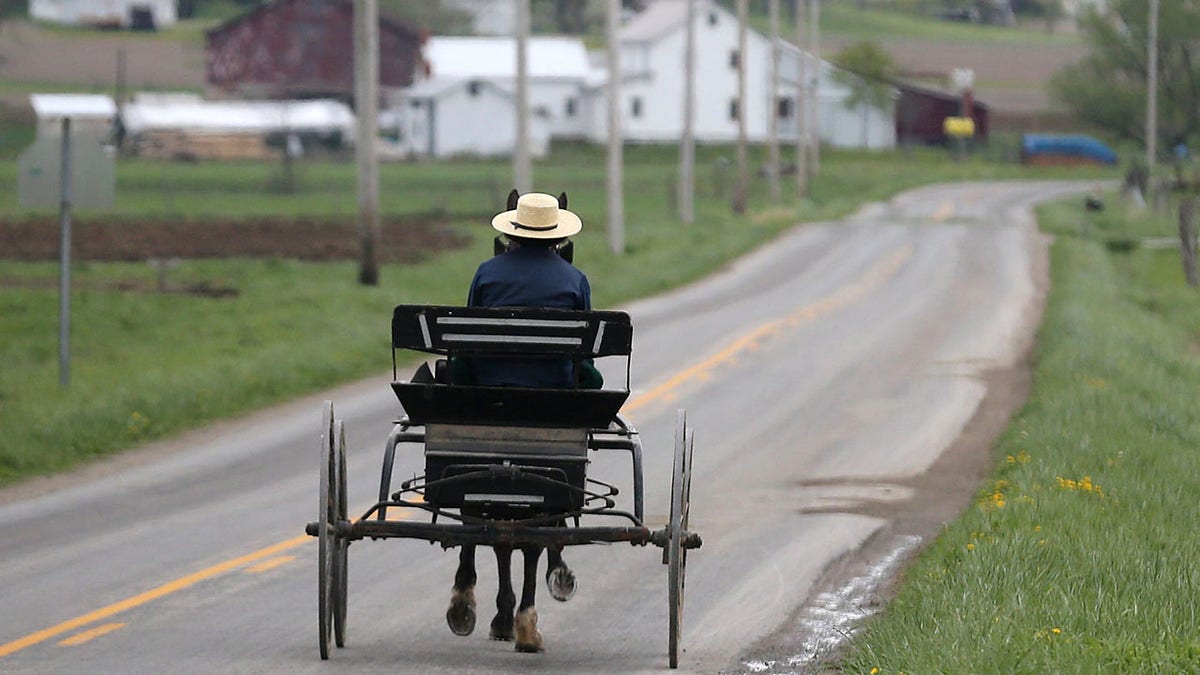A Minnesota Amish community has prevailed in a long-standing legal battle concerning their religious freedom and wastewater disposal. The state Court of Appeals overturned a previous ruling, deciding that the government hadn't demonstrated a sufficient reason to mandate septic systems for "gray water" disposal, which includes water used for washing dishes, laundry, and bathing, but not toilet waste.
This case, involving the Swartzentruber Amish in southeastern Minnesota, one of the most traditional Amish groups in the U.S., has been ongoing since 2017. The Amish community's religious beliefs prohibit the use of modern septic systems. They argued that their traditional method of discharging gray water onto the ground, or using mulch basins for filtration as permitted in other states, should be acceptable. The government, however, contended that these methods posed a risk to groundwater quality and insisted on septic system installation.

A Swartzentruber Amish buggy in West Salem, Ohio. (Phil Masturzo/Akron Beacon Journal via AP)
This legal victory follows a 2021 Supreme Court decision that sent the case back to Minnesota courts for review. The Supreme Court had sided with a Catholic foster care agency in Philadelphia in a separate religious freedom case, a ruling that influenced the Minnesota court's reconsideration. Justice Neil Gorsuch, in the 2021 ruling, emphasized the importance of religious freedom and urged a swift resolution to the Amish community's dispute, stating that individuals should not have to choose between their faith and their way of life.
The Swartzentruber Amish adhere to a simple lifestyle, abstaining from technologies like automobiles, telephones, electric lights, and modern plumbing. They've consistently opposed the use of septic systems. The Court of Appeals acknowledged their unique lifestyle, recognizing their selective adoption of technology while upholding their core religious beliefs.








